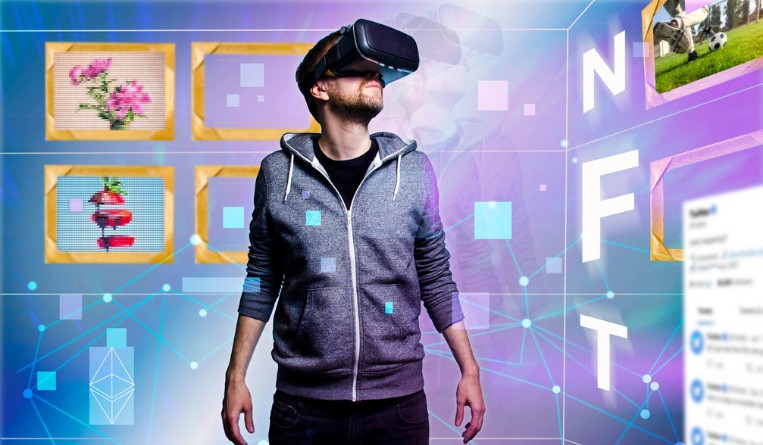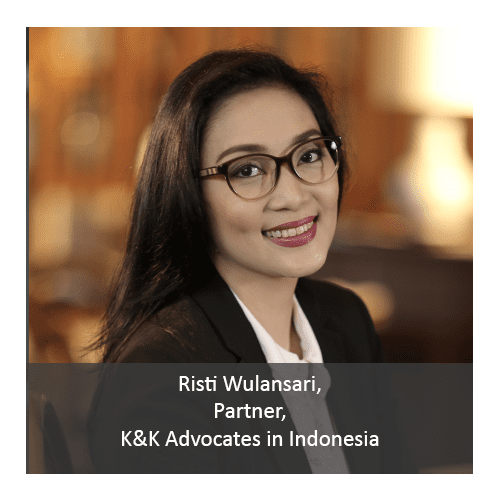Indonesian youth who earned huge sums from his selfies turned NFTs: what are his IP rights?
03 February 2022

A computer science student from Semarang, Indonesia became wealthier by more than US$1 million in January after taking a selfie almost everyday for the past five years, converting them into non-fungible tokens (NFTs) and selling them in OpenSea.
The series of selfies titled "Ghozali Everyday,” composed of 933 photos, shows the university student in similar poses – sitting or standing in front of his computer with nary a smile of his face.
As reported by Agence France Presse, Sultan Gustaf Al Ghozali initially sold his selfies at US$3 each in OpenSea, a marketplace for NFTs. One of his buyers, a popular chef, spread the word about “Ghozali Everyday” in his social media post, luring more interested collectors into the NFT trading platform. Soon, more than 400 individuals had purchased his photos, raising the price of one selfie to 0.247 of the cryptocurrency ether or US$806. Some of the selfies even fetched the price of ETH 0.9 each at some point, or around US$3,000. By the second week of January 2022, the Indonesian student had earned over US$1 million from his selfie collectors.
In his Instagram post, Ghozali reminded the collectors to take care of his photos and not to abuse them.
Misuse of intellectual property rights may be one of these possible abusive acts.

“With all the opportunities NFTs can provide, there is also the inevitable opportunity to misuse IP rights on NFT works,” said Risti Wulansari, a partner at K&K Advocates in Jakarta.
“From an IP perspective, the student initially owns the copyright as the creator of his selfie portraits,” she added.
As the copyright owner, the 22-year-old student owns the right to reproduce, distribute, publicly perform and display his works in any form. Unauthorized reproduction of Ghozali’s selfies may lead to copyright infringement.
What IP rights-related steps should he take?
“We believe and suggest that he should make it clear in the terms of sale that any such purchase does not transfer the copyright to the buyer. Therefore, the buyer would not be able to use the selfie portraits without permission for commercial purposes such as by printing it on a shirt, as the creator still owns the copyright. As you may understand, there is a difference between having NFT ownership and the ownership of underlying IP or assets within the NFT,” Wulansari explained.
“Other measures can also be taken by monitoring the marketplace where the NFTs are available for sale. Suppose the author finds that his work or even his other portraits are being publicly sold as NFTs without prior permission. In that case, the author should request for a take-down notice or request details of a prolific unauthorized person so that the author can take steps directly,” Wulansari added.
Espie Angelica A. de Leon






